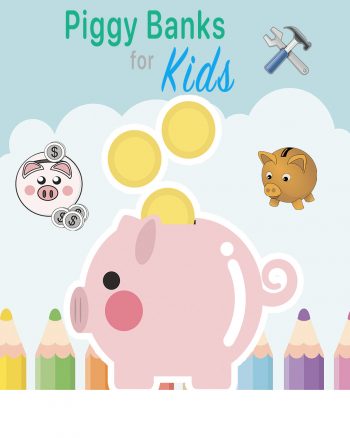 If you have student loans you’ll definitely want to read up on this post from Drew @ The Student Loan Report.
If you have student loans you’ll definitely want to read up on this post from Drew @ The Student Loan Report.
Millions of borrowers are burdened with student loan debt upon graduation, and so, it is not surprising that the announcement of new forgiveness programs caused a widespread sigh of relief for eligible borrowers. In 2010, as part of the Health Care and Education Reconciliation Act, a new provision for recent student loan borrowers came into being.
Through the Act, some borrowers would be eligible for forgiveness of their federal student loans after 20 or 25 years of qualifying payments had been made. Borrowers who utilized an income-contingent, income-based, or Pay As You Earn repayment plans are eligible for forgiveness of the remaining unpaid balance at the end of the term. Additionally, forgiveness is available for some teachers, individuals who are disabled, and those who serve in a public service position.
Unfortunately, some individuals and shady companies have taken advantage of the excitement over student loan forgiveness, creating scams that do not result in debt forgiveness whatsoever.
Fraudulent private organizations contact student loan borrowers to offer entry into a forgiveness program for a fee up to $1,500, promising to take away the burden of paperwork and direct contact with their student loan servicer in return. In all reality, these private companies do nothing more than a student loan consolidation – which borrowers can do themselves, for free.
Here are the warning signs that the company offering you help with student loan forgiveness isn’t what it appears to be.
You Pay a Fee
Receiving a phone call right around the time dinner is put on the table from a friendly customer service representative from a private student loan company may start off as a pleasant experience. However, within moments, fraudulent forgiveness or debt relief companies ask for payment for the services they’ve just promised, including student loan consolidation or securing a lower monthly payment.
First and foremost, it is illegal for any company to collect an upfront fee for providing debt relief services, so do your best to hang up the phone quickly.
Lowering your monthly payments by way of a legitimate change to your repayment plan can be done through your student loan servicer or by following the simple directions located here. Similarly, consolidation is a relatively straightforward process that can be done online in just a few minutes. None of these changes cost borrowers a fee, so steer clear of anyone asking for money to do these easy tasks on your behalf.
A Misleading Company Name
Just because a company has an official-sounding name doesn’t mean it’s on the up and up. For example, companies like Nationwide Student Aid and Federal Student Loan Alliance are debt relief companies, not organizations tied to the Department of Education or a specific student loan servicer as they may sound.
The website URL may include a .org extension that gives the appearance of association with a non-profit, but in reality, these companies are simply out to collect fees for services that should not – and don’t – cost anything. If you are suspicious of a company that is offering help with your student loan debt or enrollment in a forgiveness program, stop and check with your servicer first.
Also, any site that is not studentaid.gov or studentloans.gov has no direct link or association with the Department of Education, despite what the site may say.
Offering Immediate Relief
One of the other warning signs that a debt relief company is contacting you, not the Department of Education or your actual student loan servicer, is the guarantee to make your student loan debt go away or have it drastically reduced in a short period of time. The earliest any student loan can be forgiven is after 10 full years of repayment, but the more common timeframe is 20 or 25 years.
If a company representative is promising to have your debt canceled or forgiven in the next 12 months, they are not giving accurate or truthful information. In some cases, debt relief companies will manage the consolidation process for you, but that’s where the service ends. Instead of a clean slate with no student debt, borrowers are left with a consolidated, single loan that still requires repayment until all qualifying payments have been made.
The best way to avoid a student loan forgiveness scam is to educate yourself about your current loans, your options for lower monthly payments through an income-based program, and your student loan servicer. Better yet, make it so you don’t have to take out student loans by reducing the cost of college through planning.
If you receive a phone call or an e-mail that promises unrealistic debt relief pertaining to your student loans that costs money to complete, do yourself and your wallet a favor by avoiding it altogether.
About the Author: Drew Cloud started The Student Loan Report when he found it difficult to find student loan information in one place. He now regularly writes about the latest student loan news as well as advice articles for those in college as well as for graduates working to repay their debt.

Photo Credit: niolox



I’ve been seeing so many scams come up lately and it kills me. What’s even worse is that the people who fall for these scams are usually the older people who are most in need of holding onto their money. My mom just fell for a scam from a Facebook page that was selling skin serums. It’s really sad.